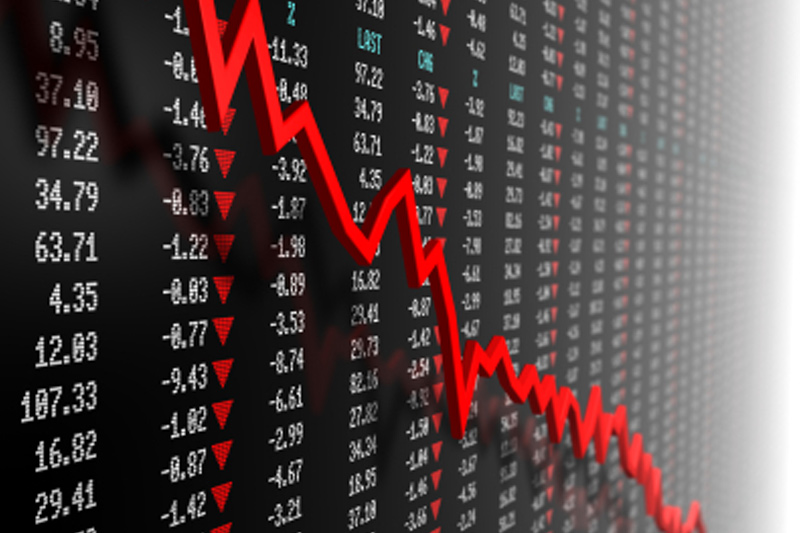Investing.com - Manufacturing activity in Germany contracted more-than-expected in June, underlining concerns over the impact of the euro zone’s debt crisis on the region’s largest economy, preliminary data showed on Thursday.
In a report, market research group Markit said that its preliminary German manufacturing purchasing managers’ index fell to a seasonally adjusted 48.7 in June from a final reading of 49.4 in May.
Analysts had expected the index to inch up to 49.8 in June.
A reading above 50.0 on the index indicates industry expansion, below indicates contraction.
Meanwhile, the report showed that service sector activity in Germany improved more-than-expected in June, hitting a four-month high.
The preliminary services purchasing managers’ index rose to a seasonally adjusted 51.3 from a reading of 49.7 in May. Analysts had expected the index to ease up to 50.0.
Commenting on the report, Andrew Harker, Senior Economist at Markit said, “The headline PMI signaled growth of German private sector activity in June, adding to signs that the economy stagnated or perhaps even eked out very modest growth over the second quarter as a whole.”
Following the release of the data, the euro held on to losses against the U.S. dollar, with EUR/USD shedding 0.35% to trade at 1.3249.
Meanwhile, European stock markets were lower after the open. The EURO STOXX 50 fell 1.9%, France’s CAC 40 plunged 1.8%, London’s FTSE 100 dropped 1.5%, while Germany's DAX tumbled 2%.
In a report, market research group Markit said that its preliminary German manufacturing purchasing managers’ index fell to a seasonally adjusted 48.7 in June from a final reading of 49.4 in May.
Analysts had expected the index to inch up to 49.8 in June.
A reading above 50.0 on the index indicates industry expansion, below indicates contraction.
Meanwhile, the report showed that service sector activity in Germany improved more-than-expected in June, hitting a four-month high.
The preliminary services purchasing managers’ index rose to a seasonally adjusted 51.3 from a reading of 49.7 in May. Analysts had expected the index to ease up to 50.0.
Commenting on the report, Andrew Harker, Senior Economist at Markit said, “The headline PMI signaled growth of German private sector activity in June, adding to signs that the economy stagnated or perhaps even eked out very modest growth over the second quarter as a whole.”
Following the release of the data, the euro held on to losses against the U.S. dollar, with EUR/USD shedding 0.35% to trade at 1.3249.
Meanwhile, European stock markets were lower after the open. The EURO STOXX 50 fell 1.9%, France’s CAC 40 plunged 1.8%, London’s FTSE 100 dropped 1.5%, while Germany's DAX tumbled 2%.
